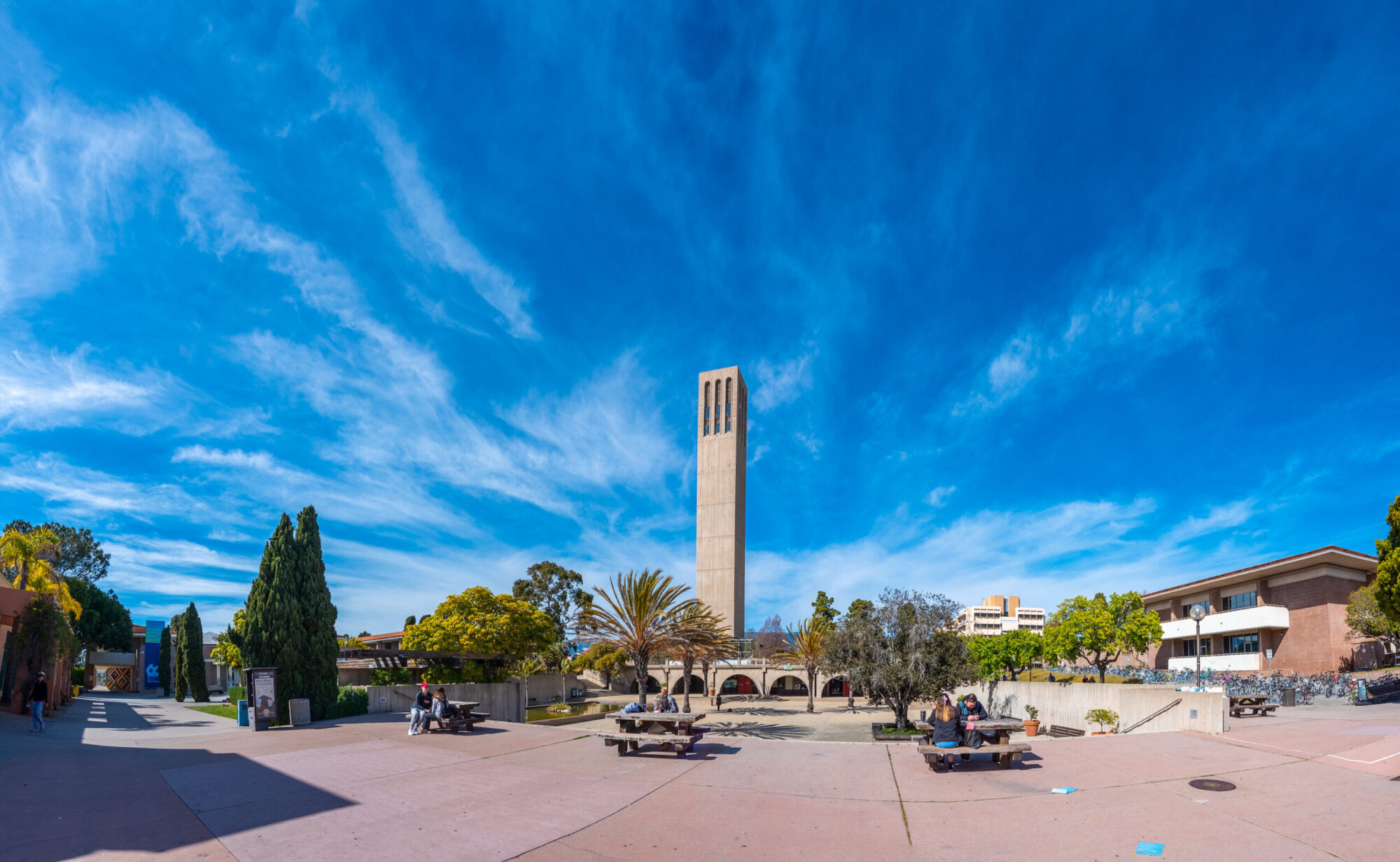We are very excited to share the Spring 2022 issue of the UCSB Undergraduate Journal of History with you. It began on campus, moved online in January, and returned to campus in February. That makes it our third pandemic-made issue. Our team of undergraduate editors welcomes new and returning readers of the Journal. We are grateful for our eight undergraduate authors and their graduate student and faculty peer-reviewers, who made it possible to publish the works included in this volume.
The Journal is produced by undergraduates and for undergraduates. It aims to provide an engaging platform for undergraduate researchers to record and create history. Though focused on history, the Journal does accept research from related academic disciplines and is interested in all facets of our collective pasts. We hope to facilitate a space for exchange and curiosity within the following pages.
This issue opens with an article by David Adams. Adams examines the impact of Maoism as an ideology and social practice on Black liberation movements in the U.S. He argues that Black liberation movements were initially drawn to Maoism because of its focus on the liberation and agency of groups oppressed by imperialism. However, with Mao Zedong’s death and the policies of Deng Xiaoping in the 70s and 80s, Maoism was eventually discarded as a mantle for the Black radical community.
In the second article published here, Erica Bade interrogates the experiences of children convicts charged as juvenile pickpockets as they were removed from the streets of London, ushered through the court, and transported to penal colonies in Australia. Bade reads British transportation and criminal reforms alongside the unique situations these children found themselves in between 1780 and 1860 to argue, that while policies changed, children convicts continued to find ways to exploit the conditions they found themselves in, whether as criminals or colonists, or idealized British citizens.
Charlie Borah’s study of the 1941 Jefferson movement examines efforts to build a national profile for Gilbert Gable (first mayor of Port Orford, Oregon) and Stanton Delaplane (San Francisco travel writer), both spearheaders of the movement for largely self-serving purposes. Borah argues they took advantage of the anger within this movement and were able to gain distracting attention rather than focus on the actual process to statehood.
Sage Ceja’s evaluation of the anti-drug campaigns of the 1980s marks the halfway point of this issue. Ceja argues that the advertising campaign undermined efforts to win the War on Drugs. As Ceja observes, popular culture made the War on Drugs memorable, even iconic, just not as the Reagans intended. Instead, the creation of digestible anti-drug media played a significant role in its failure.
On the table of contents, you will also find Maria Rosario Katsulos’s biographic study of the lives of two Ancient Rome women, Augustus Caesar’s daughter, Julia, and granddaughter, Julia. Katsulos argues that the life histories of both Julias – daughter and granddaughter – illuminate the critical role their exiles played in Roman politics. Katsulos argues they were pivotal to the downfall of the Roman Empire’s Julian dynasty and the failure of Augustus’s policies to continue after his reign.
The sixth article, by Iuri Macedo Piovezan, explores the relationship between Hitler, Mussolini, and Bolsonaro (the current Brazilian president) to examine history as a cycle. Piovezan argues that the history of Hitler and Mussolini’s regimes and their consequent failures prefigure the fate of Bolsonaro’s government in Brazil and his agenda.
Irene Rauch’s article examines both the process and consequences of the German reunification in the 1990s. She argues that we need to think of reunification as multifaceted, challenging, and imperfectly executed. When we do, it is possible to see, as Rauch does, how planners inadvertently left East Germans economically destabilized and socio-culturally disoriented.
Our Spring 2022 issue concludes with Santiago Rodriguez’s comparative history of the Cuban and Guatemalan revolutions’ policy decisions and political programs. Rodriguez argues that the Guatemalan government led by Jacobo Arbenz and the Movimiento 26 de Julio in Cuba, when considered together, reveal the opposite means of achieving social transformation: internal reformism versus radically breaking with the established order.
We would be pleased to publish one of your essays in the Journal. We accept historical research from all areas and fields. So, if you wrote a research paper at your college or university or an honors thesis, please consider submitting it for publication. You can find the word length and guidelines at the start of this issue or on our website.
Enjoy this Spring 2022 issue of the Undergraduate Journal of History, and we look forward to seeing your name on our table of contents one day!
~ The Editors
